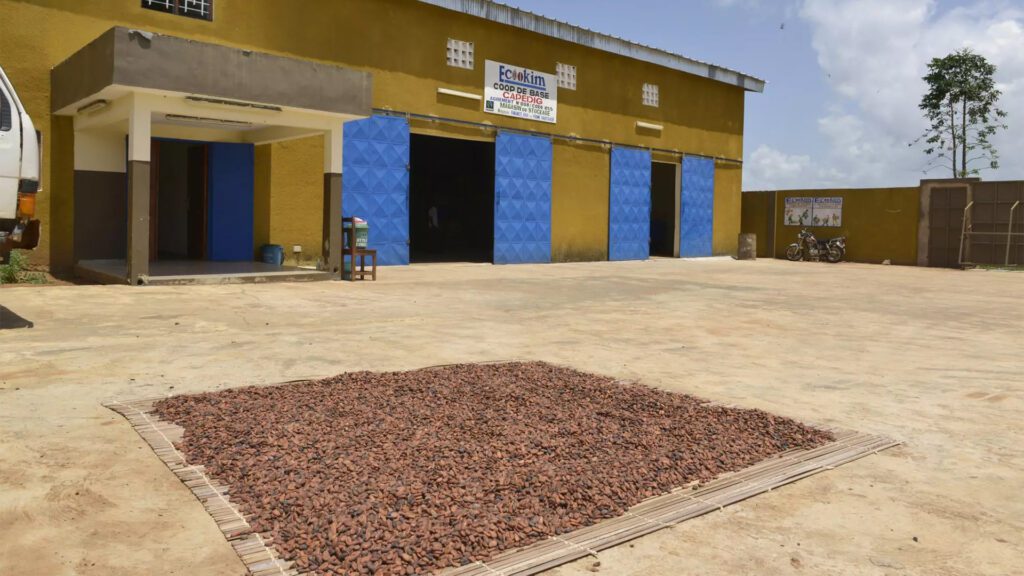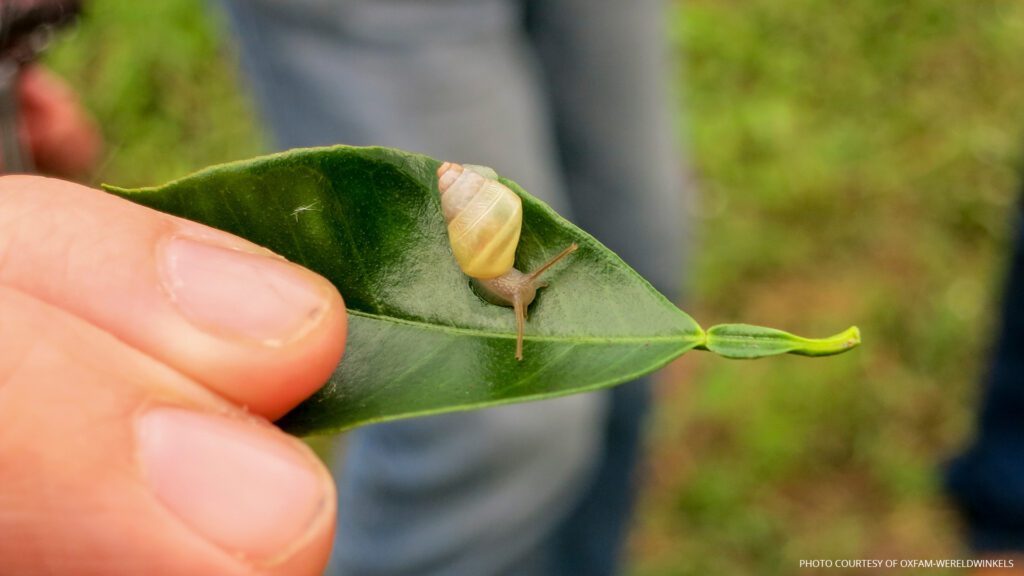Are fair trade products better quality?
Usually, yes! Making a product with care and attention requires more money to make it, and so impoverished producers often produce lower-quality products. A great example of this is coffee, which is shade-grown under fair trade conditions, and this produces a better-tasting coffee. The shaded bushes don’t ripen the coffee cherries quite so quickly, so the beans have longer to take on a more complex flavour. Non-fair trade workers often work on a huge plantation that’s clear-cut and produces a lower-quality finished product.
There’s also the question of: what value-add does sustainability have? Is an organic, naturally-made, socially-conscious product better in and of itself? We think so. It’s worthwhile to pay a premium to producers so that they can make ethical business decisions that protect people and planet.
When farmers are paid less than the cost of production, terrible things start to happen. In the cotton industry, because of falling prices, some non-fair trade producers spray extremely toxic chemicals that poison local water supplies and wildlife. This is because they can’t cover the cost of production otherwise, and spraying herbicides and pesticides cuts down on labour. We point this out not because we’re judging, but because even the folks who do these things probably don’t feel great about them. Desperate people don’t make good decisions for people and planet.
So yeah! Fair trade means this stuff isn’t happening behind the scenes, which we think does inherently make the product better quality.



